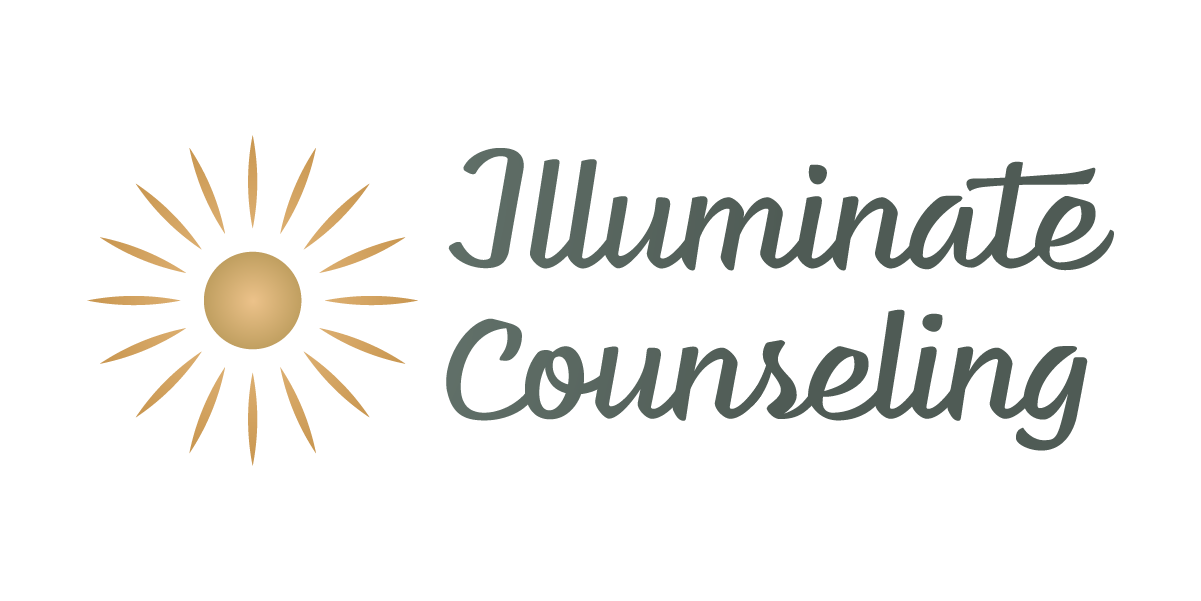Mental Health Book Recommendations
I’m a sucker for a good book. I can still remember the excitement of childhood when my dad asked if I wanted to go to the bookstore with him. I never said no. We’d walk in and I’d be free to wander through the kids/teen sections, excitement and anticipation surging through my steps, eager to explore the books. I can easily recollect the consuming awe that bloomed when I got my first library card and couldn’t believe the access I had to what felt like an unlimited amount of books.
Reading is a way to travel when leaving isn’t feasible, it’s a way to explore people surviving adversities from the safety of being an observer, to learn and immerse ourselves in times long since past and times not yet arrived, and it’s a way to challenge yourself and grow in ways that otherwise aren’t occurrences you’d face in day-to-day realities.
I’m convinced everybody can be a reader if they find the right book. So, if you want to dig into mental health books, I hope to help you find a captivating read. Below are a variety of approaches to mental health books, and I hope you find one that strikes you as a place to start.
Book on Emotions: Atlas of the Heart by Brene Brown
I recommend any and every book by Brene Brown. The content she covers, the data and research that goes into her writing, and the powerful changes you can implement after reading her books are life-changing. Atlas of the Heart is a book that covers the 87 emotions her research shows that we experience. This book has expanded my emotional vocabulary and therefore helped me more accurately name my emotional experiences. If you have minimal emotional vocabulary, this book is a great place to start. When we can accurately name what we are experiencing, we can then most productively sit with and move through that emotion.
Trauma Mental Health Book: What Happened to You? by Bruce Perry, MD, PhD, and Oprah Winfrey
I don’t know that there is anybody out there who has not had some degree of trauma. Due to this, there are many books out there that approach trauma. I feel this book is a great one to start with. There is an initial thought that is given at the beginning of each chapter and then Perry and Winfrey go back and forth in conversation about that topic. I feel it mimics if we were conversing with them and could ask questions and clarify our understanding. I thought this format would make it challenging to read and feel choppy, but I think it is what lends to it being a great starting point when reading about trauma because there is much clarification and exploring of the initial thought from the beginning of the chapter. Starting with this book allows for a base-level understanding that will be helpful to carry with you as you go to more in-depth books on trauma.
Book on Slowing Down: Braiding Sweetgrass by Robin Wall Kimmerer
If you’ve kept up with my writing, you know slowing down has been on my heart for the past year or so. I don’t know that any book has had a greater influence on this than Braiding Sweetgrass. Kimmerer is a botanist who shares her scientific brilliance with plants in a way that has made me fall in love with the Earth all over again, to see our beautiful world through eyes anew. Woven throughout her writings on her experiences with nature are deep, unavoidable lessons that we are meant to interact with our Earth in a much slower, reciprocal, relational way than many of us do.
Mental Health Workbook: The Mindful Self-Compassion Workbook by Kristin Neff and Christopher Germer
I know when seeking to improve our mental health it can be desirable to have a book to interact with. I found much growth in working through Neff and Germer’s Self-Compassion Workbook. Many of us can extend self-compassion to others rather seamlessly, but when it comes to ourselves we are much more harsh and critical. Neff and Germer guide you through practices that help you better understand self-compassion and ease you into implementing it for yourself.
Christian Mental Health Book: An Altar to the World by Barbara Brown Taylor
Reading Barbara Brown Taylor’s writing is like sitting on a front porch with a sweet tea and hanging on to every word of a mentor, who feels equally like a dear friend, as she shares what she has learned. Her writing style makes you feel comfortable and at ease while still encountering immensely powerful content. This book walks through practices that Taylor has found can be intimate moments with God if we allow them to be. I have always yearned for a consistent, relational experience with God but hadn’t always known how to tie it into the mundane activities of daily life. Taylor helps you discover how to do just that, and how to make what can feel mundane appear much more sacred.
I hope that you find a book that catches your eye and resonates with you as a place to begin. Each of these books holds a special place within my mental health journey, and should you choose to pick one up, I hope it does the same for you.
Happy Reading!



